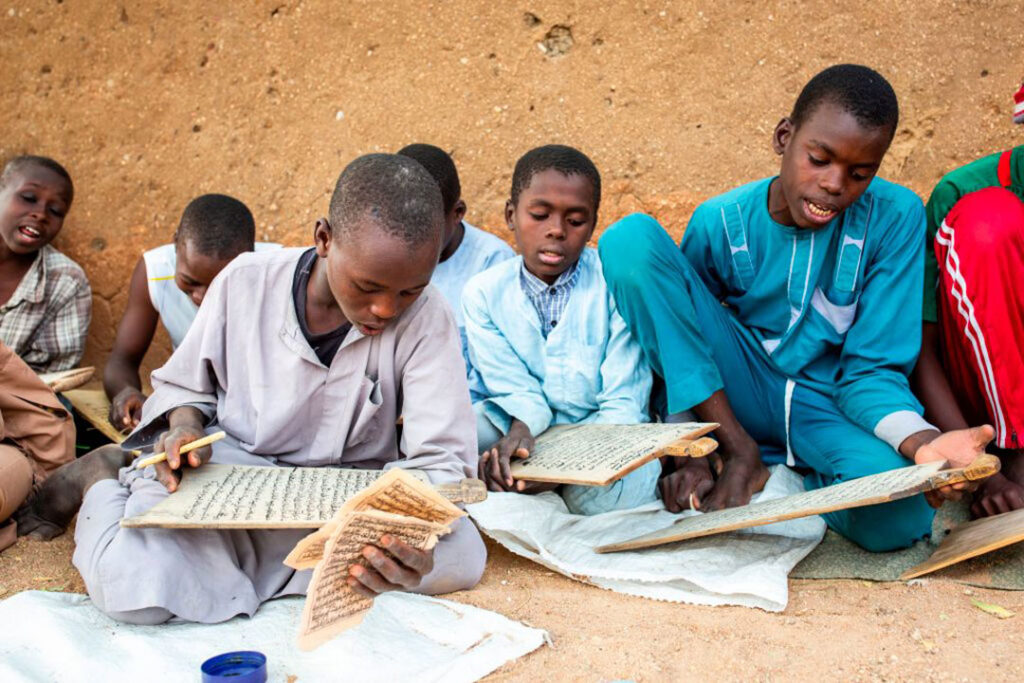ADF STAFF
The name of terrorist group Boko Haram translates loosely to “Western education is forbidden.” A spate of attacks against schools in northern Cameroon shows the group is following through on this deadly pledge.
Wedged between Nigeria to the west and Chad to the east, Cameroon’s Far North Region is on the front line of Boko Haram’s insurgency. It has seen a sharp spike in violence, with statistics showing about 400 incidents over the past year — a 90% increase over the previous year, according to an analysis by the Africa Center for Strategic Studies.
Ousmanu Amadou Garga of Cameroon’s Ministry of Basic Education said recent Boko Haram attacks — specifically suicide bombings — have forced thousands of students and their teachers to flee.
“Sixty-two schools have been closed. The children have to be either (educated) in other schools very far from their own villages or to abandon schools,” he said in a public statement, noting that 34,054 students have been registered as internally displaced people (IDP). “We have the students of the host communities; we have even refugee students.”
According to Cameroon’s military, the Islamist militants burned 13 schools and held at least 200 people for ransom in July and August.
Since 2014, Boko Haram has targeted Far North Region civilians in schools, markets, refugee camps, mosques, churches and bus stations. Since 2015, the group frequently has forced recruitment of children and used them as suicide bombers in the Lake Chad Basin, including in Cameroon, according to UNICEF.
A local activist described Boko Haram tactics after an August attack on an IDP camp that killed at least 19 people, including two suicide bombers, thought by several refugees to be children:
“They use suicide bombers, and often they are children or women, so they can go unnoticed,” the activist told Human Rights Watch. “If the authorities do not deploy more security forces in our area, they will be failing in their fundamental duty to protect their people. They should prevent Boko Haram from targeting civilians again and protect the displaced communities from further attacks.”
The extremist group began an armed insurgency against Nigeria in 2009. Since then it has killed tens of thousands, committed mass abductions and displaced millions in the region. In 2015, a splinter group of Boko Haram pledged allegiance to the Islamic State and renamed itself the Islamic State’s West Africa Province.
Almost 322,000 people have abandoned their homes and are internally displaced across the Far North Region. Cameroon also hosts about 113,000 refugees who fled Boko Haram attacks in Nigeria.
In 2018, Nigerian President Muhammadu Buhari approved $2.6 million for security equipment to fight the insurgents. His country’s effectiveness has pushed Boko Haram farther into Cameroon, where killings, kidnappings, thefts and destruction of property occur almost daily.
The 62 schools that closed in the Far North Region are in the area that borders Borno State in Nigeria, where Boko Haram has been most active.
“The closure of schools in North Cameroon shows how the country is overwhelmed by the double challenge of the pandemic and militant Islam,” said Yonas, a representative of Portes Ouvertes, a religious group that is active in the region.

